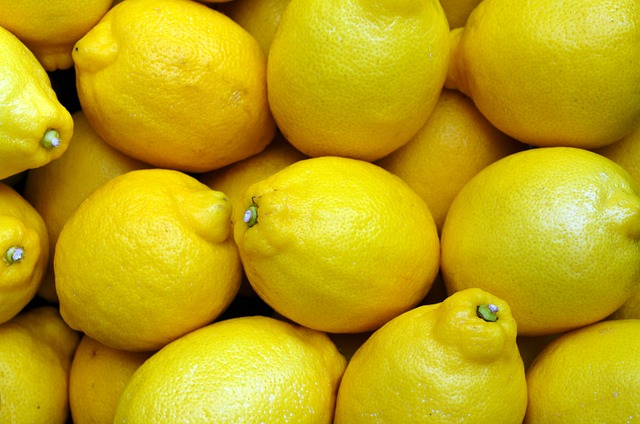The coronavirus has made us lemons. Now people are adding lemon juice to their diet every day to boost immunity. Then you want to drink lemonade on an empty stomach in the morning or add lemon juice in salad-vegetables. But did you know that excessive consumption of lemon can also harm your health? Yes, it is true. Like any other, eating too much lemon can put you at risk for health.
Lemon is definitely beneficial
Nowadays people prefer to drink lemon water because it has many health benefits. Lemon definitely helps to prevent dehydration in the body, aid in digestion and reduce weight. But we must understand that it is okay to consume everything in balanced quantities. That is why you need to know how lemon is harmful to you.
Here are 5 health risks of over-lemonade consumption
1. Eating too much lemon juice can hurt your stomach
Lemon water is usually the most beneficial for the stomach. But squeezing too much lemon in water can cause problems like gastroesophageal reflux disease (GIRD) and acid reflux. GERD and acid reflux are triggered by acidic foods like lemons and can cause gastrointestinal upset, nervousness, and vomiting.
2. It can damage your teeth

According to the American Dental Association, lemons are highly acidic, so frequent exposure can damage your tooth enamel. You should avoid brushing and drinking plain water immediately after consuming lemonade or any other ingredient.
3. There may be many bacteria in lemon peel
In a 2007 study in the Journal of Environmental Health, researchers examined 76 lemon samples from 21 different restaurants in 43 visits and found that some lemons contain microbes, including some pathogens. These can lead to diseases. So, never use lemon juice with its peel!
4. Tonsil problem
According to the American Dental Association, drinking too much lemon water can cause ulcers in your throat. Not only that, consuming too much sour ingredients or fruits can cause throat pain and tonsillitis. So, only consume it in limited quantities!
5. Eating too much lemon can cause migraines
This has not yet been proven, but some studies have found an association between migraine and citrus fruit. Tyramine is high in lemons – natural monoamine is usually associated with headaches. It is more of a lemon than other fruits.
ALSO READ: Add green to your diet with these 10 foods in Haryali Teej
KEY HIGHLIGHTS











